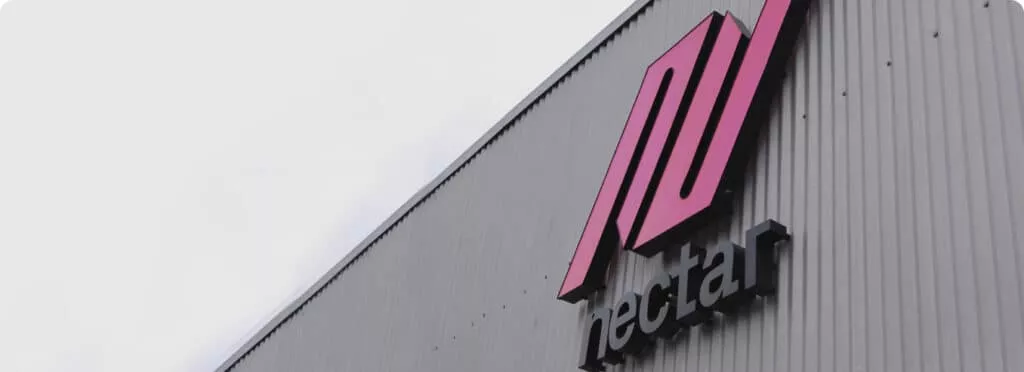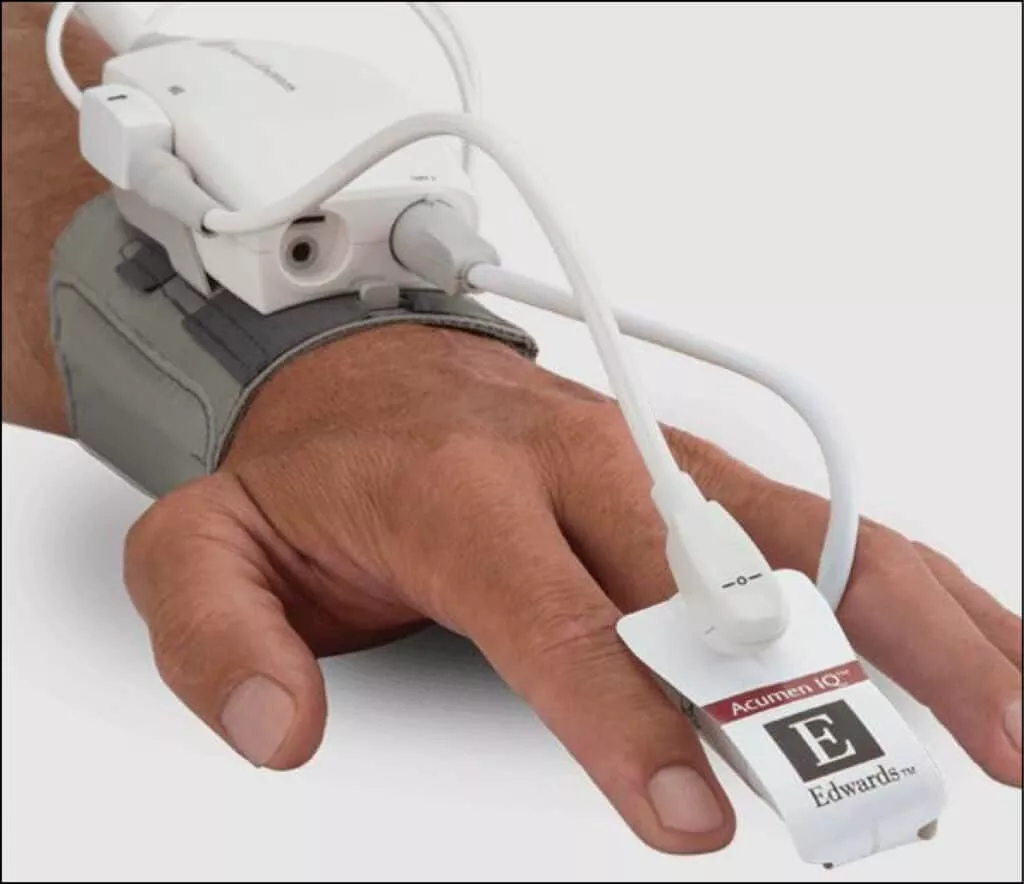You’ve created a growth plan for your business and now are ready to implement it. You will likely need to seek funding from a personal relationship, institution, or investor. Funding is essential for businesses to grow, tap into new markets, grab the audience’s attention, and perfect the product or service. When choosing suitable funding for your business, consider your credit, the amount of funding you need, the risk you can take, and your willingness to give up equity and control of your business. Once you’ve determined what you are willing to risk and what you want out of your business, you’ll be ready to evaluate the right funding for your situation. This article provides an overview of the different funding methods used by Start-Ups and Entrepreneurs. Forbes and TheProductStartUp reported these as the preferred methods of funding business endeavors:
Friends/Family Loan
Range: $0 – $100k
Terms: Negotiable
Personal Risk: Medium
Difficulty: Low
Pro: Your friends and family believe in you the most and want to encourage your business. You can negotiate more flexible terms such as zero down, little to no interest loans, with nearly anything as collateral.
Con: You have mixed business and pleasure. Your personal relationships may be jeopardized should the business struggle or fail. This type of funding typically does not have a structured contract or terms of agreement, which may lead to unclear expectations.
Personal Bank Loan
Range: $0 – $500k
Terms: 5% – 10% APR, 1 – 5% Application Fee
Personal Risk: High
Difficulty: Medium
Pro: Once the lender determines that you are a qualified borrower, especially if your collateral is personal savings, this may be a practical way of getting funding for your startup. If you decide to pitch to investors in the future, having more investment into your company, may help convince them that you’re committed to your idea.
Con: With secured loans, taking out a second mortgage/equity loan is a high-risk way of funding your business. You are liable for repayment if the business fails and a default on the loan could have harsh consequences for you and your family. Lenders are notoriously conservative when evaluating collateral assets. Getting a personal unsecured loan may not be possible if you have poor or no credit, or a high debt-to-income ratio.
Small Business Bank Loan
Range: $0 – $750k
Terms: 3.8- 4.6% APR, 2% Fee, collateral down
Personal Risk: Low
Difficulty: Medium
Pro: This is a low-risk loan that doesn’t require you to give up equity or control of your business. If you want to set up business credit, consider opening a secured account. The bank will freeze your funds as collateral and give you an equal line of credit. This won’t help raise immediate funds for manufacturing your product, but if you keep repayments consistent it will help you to create credit for future loans.
Con: Banks want to see an established company with revenue or large purchase orders from future clients before giving business credit. You will need to put in a sizeable (10 – 20%) down payment. By taking out a loan, you add the cost of a monthly loan payment to your list of bills.
Government Grants
Range: $0 – $1M+
Terms: Vary, Matching Funds/Loans
Personal Risk: Low
Difficulty: High
Pro: You don’t have to repay the funds.
Con: Only a small number of businesses qualify for grants. The process of applying for and receiving grant money is complex. Grants may have strings attached, requiring you to match funds or take out a loan.
Crowdfunding
Range: $10k – $2M
Terms: Fees of 4% – 10%, or Equity
Personal Risk: Low
Difficulty: Low
Pro: Crowdfunding lets you confirm your market exists, spread awareness about your product, and create relationships with future customers before committing to costly funding contracts. If you don’t fund, this means you need to go back to the validate and design phase.
Con: Crowdfunding shows your product in a public light. This is not for you if you want to keep your idea confidential. The recent growth and popularity of crowdfunding means that you are competing against many other projects. It can be difficult to stand out in a sea of promotions.
Examples:
- Kickstarter
- Popular For:Everyone
- Fees:5% of funds raised + 3-5% transaction fees, or 0% if your campaign doesn’t fund
- Time to Receipt of Funds: 30 to 60 days
- Partial Funding:No- there is no partial funding option. If the campaign doesn’t meet its funding goal (5% as of 2015), the donors receive refunds
- Indegogo
- Popular For:Non-profits
- Time to Receipt of Funds:40 days
- Fees:4-9% of funds raised depending on the campaign type and funding
- Partial Funding:Yes- you can choose to run a campaign that will refund customers if it’s not fully funded, or a campaign where you keep the partial proceeds (at a higher fee)
- GoFundMe
- Popular For:Individuals / Personal Causes
- Time to Receipt of Funds:Unlimited
- Fees:9% + $0.30 per transaction, or 9.25% of funds raised
- Partial Funding:Yes- there are no goal requirements
Incubators
Range: $25k – $120k
Terms: 5% – 10%+ Equity or Monthly Rent
Personal Risk: Low
Difficulty: Medium
Pro: Admittance into a program validates your business to investors. Incubators host workshops and classes, and pairs you with top mentors, who often are former partners in successful companies. You make lasting connections with fellow startups and mentors. Even if you don’t go on to get angel or venture capital (VC) funding, you leave the program more experienced.
Con: The application process is highly selective and admittance is competitive. Incubators have rules which you must abide to. You must decide if it suits your style to give up equity and allow oversight from incubator management. Many programs are also regional and industry focused, so you may need to relocate temporarily to qualify.
Partner/Angel Investor
Range: $50k – $1M
Terms: Equity
Personal Risk: Low
Difficulty: Medium
Pro: Angel investment is less regulated and more flexible than venture capital. You can also expect to get funding in one lump sum. There is no need for repayment – you’re trading equity for cash.
Con: You will give up some equity and control over company decisions though most don’t take a seat on your board. It can take several months for a group of angel investors to do their due diligence.
- Investor Networks
Venture Capital
Range: $500k – $50M
Terms: expect 50% return on investment, equity
Personal Risk: Low
Difficulty: Hard
Pro: VC’s will have invested in companies in your industry before and has the experience to help you grow exponentially. They have deep pockets – no other form of funding can provide you as much. They also have broad connections, which can help you hit aggressive growth targets. You don’t need to repay any of the funds; you’re trading equity and a large cut of the future profits for immediate funding. This also means that you don’t have a loan payment to make each month.
Con: In this competitive market, VCs are highly selective. Typically, you need an introduction by someone who has previously worked with that VC. Firms are typically overloaded with pitches and have a formal application process. They are also heavily regulated, which means the funding process can drag out for over 6 months. You will give up your authority, equity stake, board seats, and/or veto power and the firm may make decisions that are best for the investors and not necessarily good for you or your product.
Ready for Business
Obtaining funding can be the hardest and most rewarding part of launching your business. Once you have a business plan and a growth strategy, you’ll need to explain to investors what the business does, the target audience, market information, and expected budget. You will need to evaluate your own risk, reward, and desired control of the company. These steps lay the groundwork for discovering the best funding type for you. After you’ve saved, been approved for a loan, or found people to invest in your company, you can focus on the business you love. Finding the right funding method for your needs will enable you to implement the best strategies for revenue building and long-term growth.























